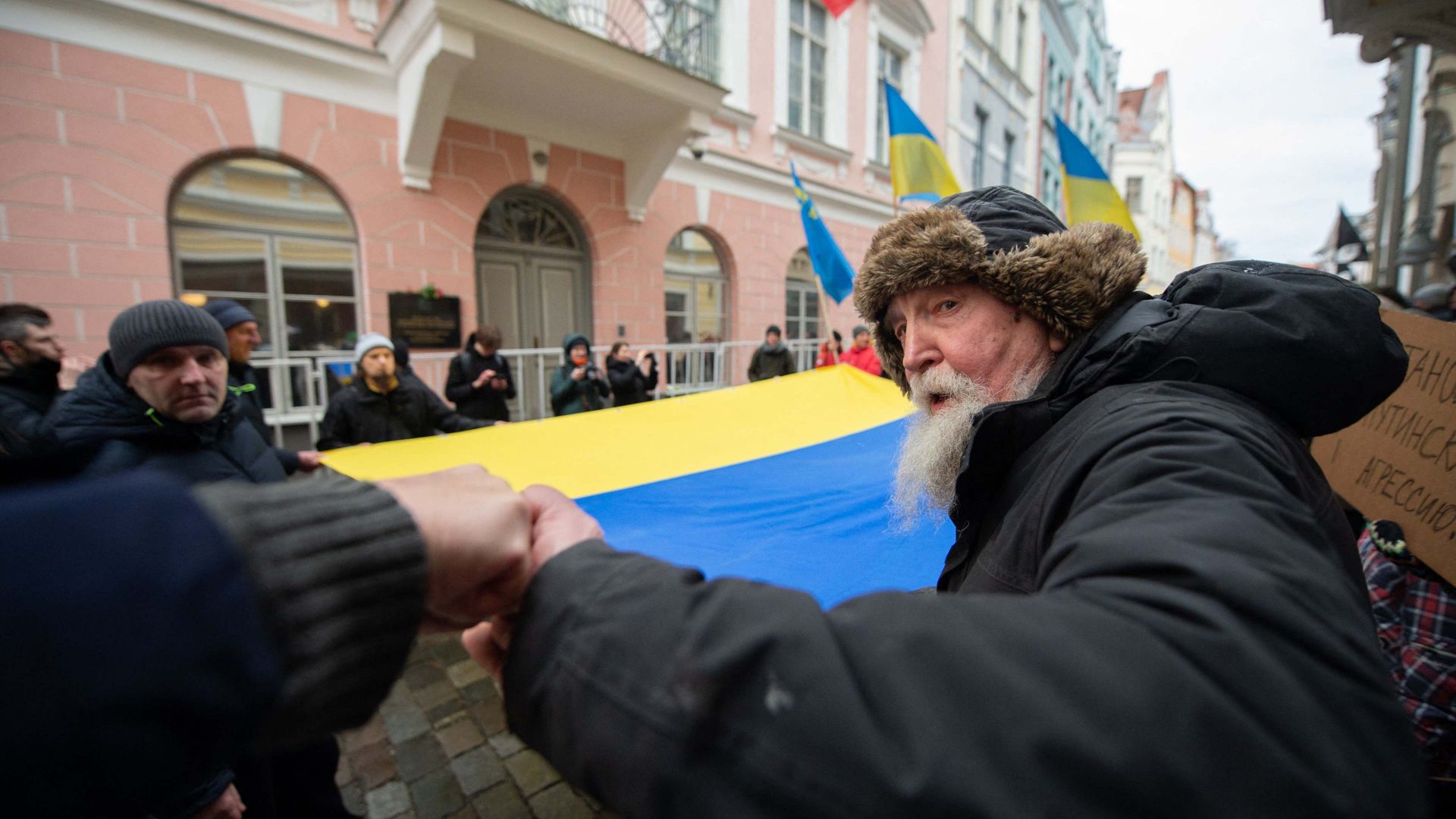I was driving the other day and nearly bumped into the car in front. I was too busy looking at an ad on the side of a bus. There was the smug face of populist League party leader Matteo Salvini, along with the slogan: “Vote for my party because Italians need their car and need their house”.
What does that mean? Why make voters think Europe wants to steal our cars and homes with crazy policies?
But then it’s always the same drill. Every five years Italian parties launch stupid mottos and campaigns without any substance. There are no real issues at stake, nor concrete programmes. It’s really infuriating, and the background buzz is unbearable.
For once Salvini will not be running. However, our prime minister, Giorgia Meloni, will run – the only EU head of state to do so. And this makes no sense, it’s purely symbolic: even if she did win a seat, she would not give up her role as head of the government, pack her bags and fly to Strasbourg.
It’s irrational. Why run when you can’t actually sit in the European Parliament?
Meloni is personalising the Euro vote. Her only aim, as she has confessed on TV, is to boost support for her Fratelli d’Italia (Brothers of Italy), or at the very least to confirm the victorious 2022 results that brought her to power.
Meloni will probably win. According to the latest polls she leads with 26%, even though support has slightly dropped in the past few weeks.
The Euro vote is just a tool for domestic use, as it has always been in Italy. And this personalisation is something all parties are doing, not just Meloni. Both the newly elected leader of the Democrats, Elly Schlein, an EU expert, and former premier Matteo Renzi, head of the minor Italia Viva centrist party, are doing it too.
Another candidate is (yet again) the current foreign affairs minister, Antonio Tajani, former European Parliament president and a once-upon-a-time Rome reporter who once met Silvio Berlusconi. And there’s another novelty: for once Berlusconi will not be running.
The sad fact is that reading through the parties’ different programmes, there is nothing new or exciting. Despite the pandemic, despite the war in the Middle East and in Ukraine, there is almost zero debate on the future of Europe, on its role on the global stage or on how European policies and budgets should be honed.
The battlefield once again is divided between the pro-Europeans, nearly all centrist-leftists, and the Eurosceptics who are more on the right, with Meloni the frontrunner despite recent attempts to appear more pro-EU.
Instead, both left and right talk vaguely about the same issues – jobs, women, taxes and health.
As a result, most Italians don’t really seem to care about these EU elections. They never really have. They just vote for their party.
In Italy the European elections have always been a barometer of where each party stands in the national vote.
The truth is that for most Italians, “Europe” remains something distant, scary, a place creeping with hostile Eurocrats, and is therefore not of interest. Most Italians have a hard time digesting the fact that Italy is part of the European Union, we are a member state and a founding partner. And there’s the blessed euro keeping us afloat.
What about the actual policy suggestions? Meloni’s manifesto mentions protecting farmers by attacking synthetic meat and foods, about which very few Italians know anything. She also wants more lenient fiscal rules, a friendlier Stability and Growth Pact, but a harsher law on immigration, and above all a European task force that “controls” the development of artificial intelligence.
The right is calling for greater sovereignty and independence of member states in taking key decisions. Renzi and other pro-European candidates discuss the future of the “United States of Europe” and the benefits that would bring, at which point the audience starts to yawn…
There is nothing about banks or the economy, and what will happen once the European Central Bank stops buying Italian bonds (because it will soon), and how this will affect our massive public debt and its sustainability. Or the impact it will have on mortgages, or the benefits of a common EU budget.
Right now in Italy, no one is talking about any of this.
Silvia Marchetti is a freelance journalist based in Rome




